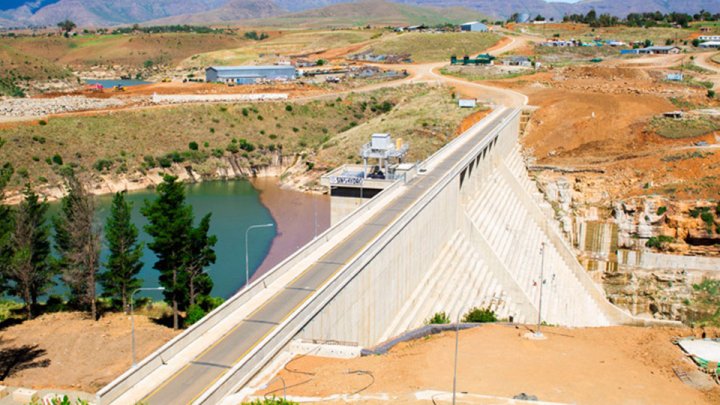Environment poses challenge to new construction
 foto: PUBLIKA.MD
foto: PUBLIKA.MD
As the lowest point on earth, the Dead Sea is one of the main tourist attractions of Jordan. For the past thirty years, hotels and investments have cropped up all over the seaside.
However, the Dead Sea has lost one third of its surface since the 1960s and brings new challenges for investors: the soil that was covered by the Dead Sea is fragile and needs to be studied carefully.
Professor Najib Abu Karaki has been studying the area for the past thirty years.
He comes here every week to the Dead Sea highway to take pictures of the decreasing sea and sinkholes. In total, he's gathered more than 20,000 pictures.
On the way, he stops to photograph infrastructures that were destroyed after recent flash floods that occurred last October.
"Most of the bridges on the highway must be watched closely, observed closely, because in fact some of them are being deteriorated more rapidly than expected because of the vertical erosion phenomenon that's taking place, because of flash floods and also the lowering of the Dead Sea water level," he explains.
He explains that some areas of land should be avoided entirely, others can be built on with no problems, while some places will require special engineering practices for safe construction.
"It's a question of geology and water," he says.
Recently, the municipality of Karak has tried to attract investors for a specific project: the Karak beach 1 kilometre long project, located at the southern end of the Dead Sea.
The seaside resort will cost up to 100 million Jordan Dinars (140 million US dollars) and work is supposed to start in two months time.
For Ibrahim Al Karaki, the mayor of Karak, it is a unique opportunity to revive tourism for the municipality.
"We want to use what is available to the greater municipality of Al Karak such as tourist sites, and the Dead Sea as everyone knows it is the lowest point on earth and gets the attention from all over the world," he says.
The head of the project, Abdullah Sarayrah, visits the spot and explains that they are waiting for the last soil test results from the lab.
Two weeks ago, a team from the Arab Bridge Centre came to extract samples of the soil in order to study its composition.
Sarayrah is positive the results will turn out well.
"After we talked to the lab that did the testing, we realised from the first results that this is good for construction and constructing concrete buildings, there is nothing that prohibits the construction of concrete and steel buildings," he says.
At the end of the day, Sarayrah comes to pick up his results from the Arab Bridge Centre in Amman.
When officially approved by the Jordan Engineer Association, the Karak beach project will start.